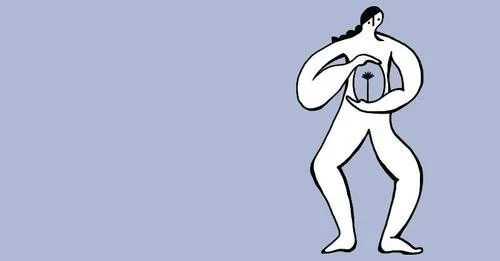Why Eroticism Should Be Part of your Self-Care Plan
BY ESTHER PEREL
“Eroticism is not sex per se, but the qualities of vitality, curiosity, and spontaneity that make us feel alive.” —Esther Perel
We carry the responsibility of our desire. Why? Because desire is an expression of our free will. Nobody can force us to want. So if it is ours, then it is also our responsibility to activate it. Freedom always comes with responsibility. We can turn ourselves on and we can turn ourselves off. We can have thoughts that will instantly shut us down and thoughts that will keep us open to possibility and curiosity. We can enliven ourselves and we can numb ourselves. Eroticism blooms from the tension between excitation and inhibition and manifests in the things we say and do, by how we act, and by how we think. We tend to think of eroticism as a sexual state shared by two or more people, but really, it starts with the individual. And it requires practice.
What Is Eroticism?
Eroticism isn’t sex; it’s sexuality transformed by the human imagination. It’s the thoughts, dreams, anticipation, unruly impulses, and even painful memories which make up our vast erotic landscapes. It’s energized by our entire human experience, layered with early childhood experiences of touch, play, or trauma, which later become cornerstones of our erotic life. We know that even things that give us the most pleasure can come from the most painful sources. Eroticism is not comfortable and neat. It unveils inner struggles, emotional tensions, a mix of excitement and anxiety.
